Publications
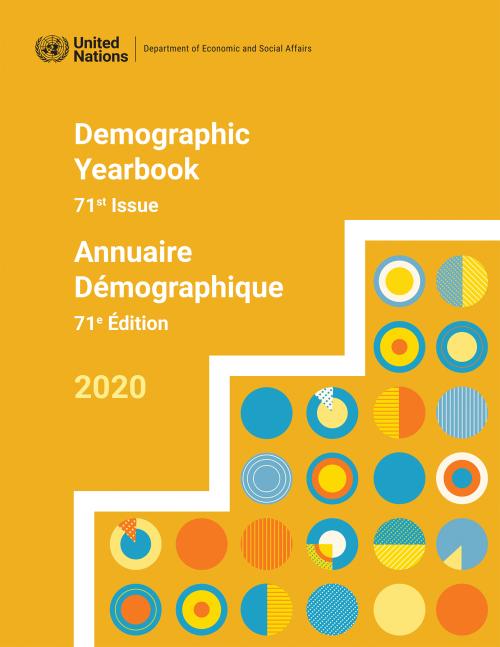
Demographic Yearbook 2020 is the 71st issue in a series published since 1948. Through the cooperation with the National Statistical Offices, official demographic statistics are compiled in the Yearbook, as available for more than 230 countries and areas of the world up to the reference year 2020. This edition of the Yearbook contains chapters on the population size and distribution, the population of capital cities, fertility, fetal mortality, infant and maternal mortality, general mortality, nuptiality and divorce.
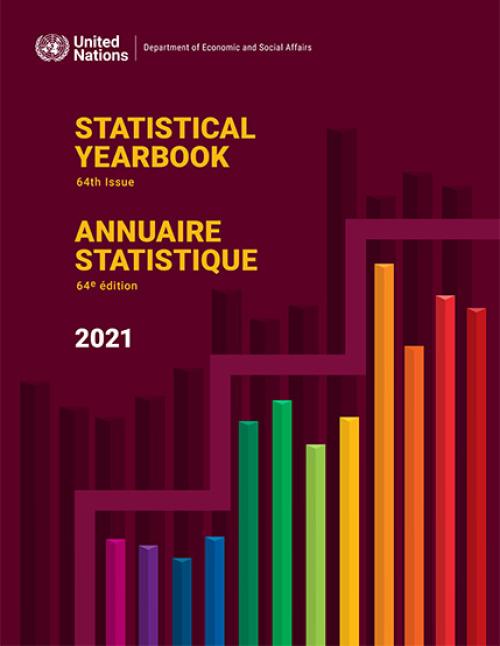
The Statistical Yearbook is an annual compilation of a wide range of international economic, social and environmental statistics on over 200 countries and areas, compiled from sources including UN agencies and other international, national and specialized organizations. The 2020 edition contains data available to the Statistics Division as of 31 July 2021 and presents them in 34 tables on topics such as: communication; crime; development assistance; education; energy; environment; finance; gender; international merchandise trade; international tourism; labor force; national accounts; population and migration; price and production indices; and science and technology. Most tables covering…
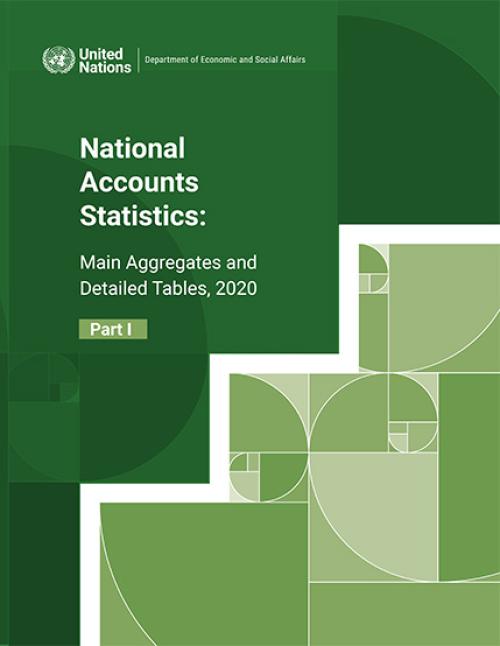
This is the sixty-second issue of National Accounts Statistics: Main Aggregates and Detailed Tables, showing detailed national accounts estimates for over 200 countries and areas for the reporting years 2009 to 2020. The national data for each country and area are presented in separate chapters using uniform table headings and classifications recommended in the United Nations System of National Accounts (SNA). A summary of the conceptual framework of the SNA and definitions of important terms are also included in this publication. Other statistical information covered includes gross domestic product, national income, savings, private and government consumption, and transactions of…
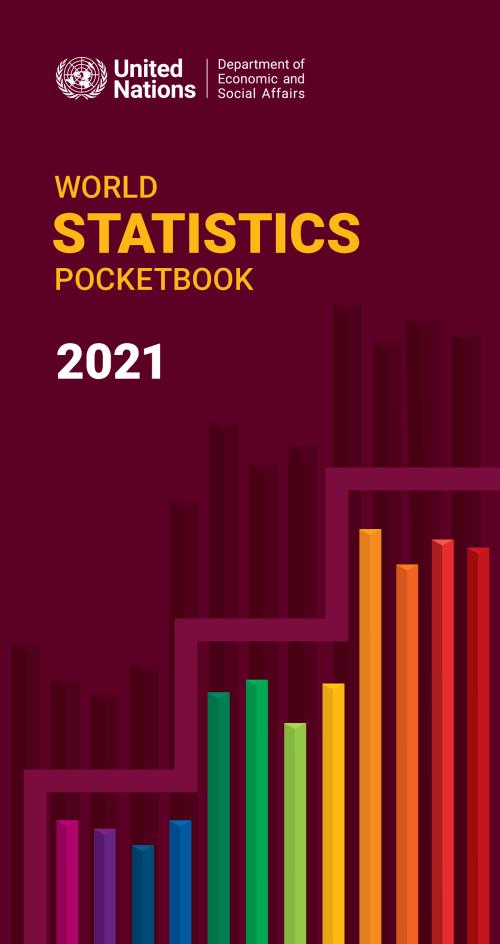
The World Statistics Pocketbook, 2021 edition is the forty-fifth in a series of annual compilations of key statistical indicators prepared by the United Nations Statistics Division of the Department of Economic and Social Affairs. Over 50 indicators have been collected from more than 20 international statistical sources and are presented in one-page profiles for 30 world geographical regions and 232 countries or areas. The Pocketbook is organized into 5 sections; general information, economic indicators, major trading partners, social indicators, and environmental and infrastructure indicators. This issue presents data for the economic, social, environmental and infrastructure…
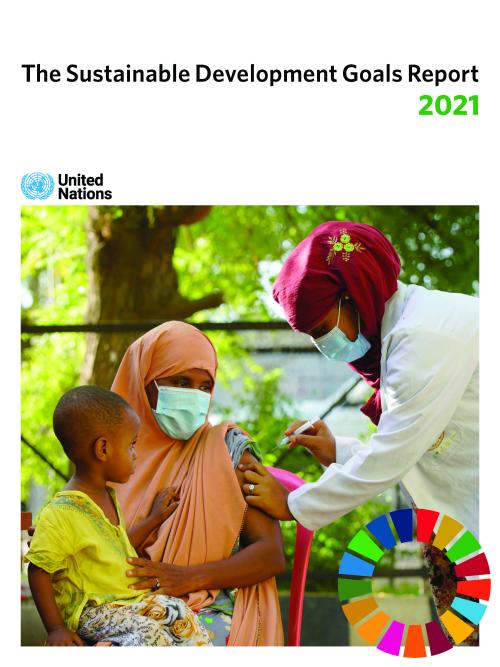
More countries and communities are recognizing the need to bolster efforts to achieve the Sustainable Development Goals (SDGs) in light of the toll the COVID-19 pandemic has taken on people around the world, according to The Sustainable Development Goals Report 2021, released by the United Nations.
The decisions and actions taken during the next 18 months would determine whether pandemic recovery plans would put the world on a course to reach the globally-agreed upon goals that aim to boost economic growth and social well-being while protecting the environment.
According to the report, which tracks global efforts to achieve the SDGs, COVID-19 had caused a major disruption…
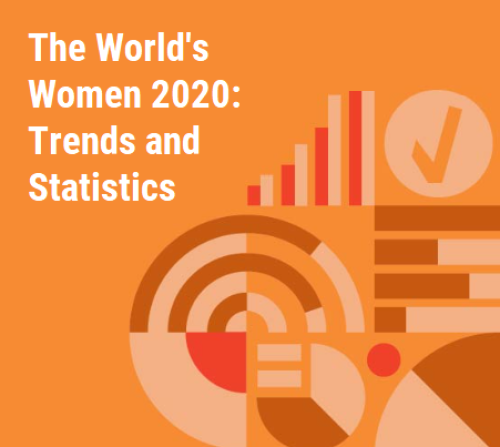
Less than 50% of working-age women are in the labour market, a figure that has barely changed over the last quarter of a century, according to a new UN report launched today. Unpaid domestic and care work falls disproportionately on women, restraining their economic potential as the COVID-19 pandemic additionally affects women’s jobs and livelihoods, the report warns.
The World’s Women 2020: Trends and Statistics compiles 100 data stories that provide a snapshot of the state of gender equality worldwide. Presented on an interactive portal, the report analyses gender equality in six critical areas: population and families; health; education; economic empowerment and…
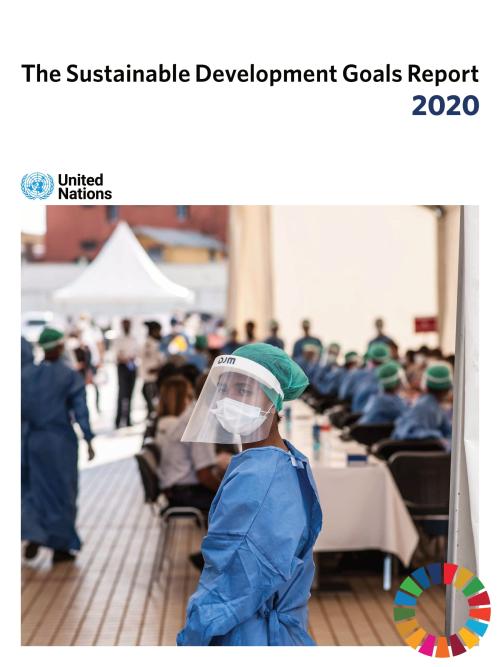
The 15-year global effort to improve the lives of people everywhere through the achievement of the 17 Sustainable Development Goals (SDGs) by 2030 was already off track by the end of 2019. And in only a short period of time, the COVID-19 pandemic has unleashed an unprecedented crisis, causing further disruption to SDG progress, with the world’s poorest and most vulnerable affected the most.
According to the Sustainable Development Goals Report 2020, released by the UN Department of Economic and Social Affairs, the world had been making progress—although uneven and insufficient to meet the Goals — in areas such as improving maternal and child health, expanding access to…
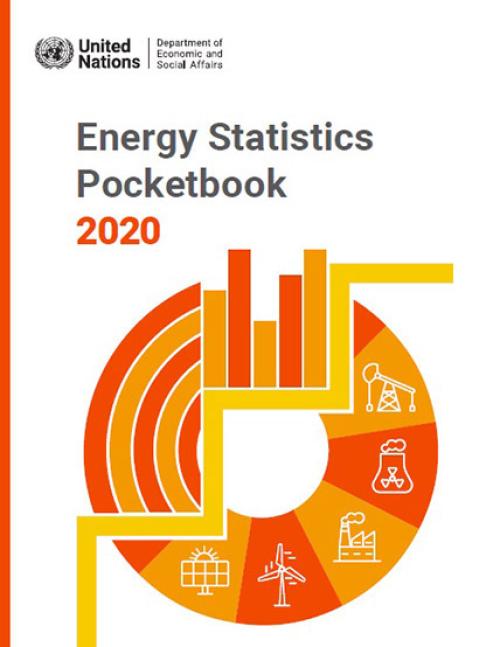
The Energy Statistics Pocketbook highlights the availability of data on various aspects of energy production, transformation and use and its linkages to other key statistics. It uses visual representations of key energy indicators to facilitate the understanding of the current state and developments in the energy sector. Energy is central to the achievement of the 2030 Agenda for Sustainable Development and the Paris Agreement on climate change, and sound energy statistics are the basis for the reliable measurement of progress, thereby assisting the formulation of policy measures to achieve international and national sustainable development goals.
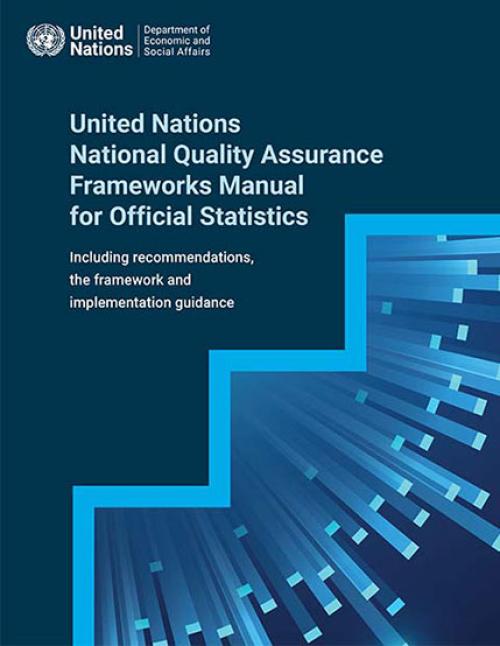
The United Nations National Quality Assurance Frameworks Manual for Official Statistics (UN NQAF Manual) provides recommendations on quality assurance, a UN quality assurance framework, and guidance for the implementation of a national quality assurance framework. The Manual aims at addressing quality assurance in different circumstances and situations, hereby supporting countries in safeguarding the role of official statistics as trusted source of information. The Manual is directed at assuring the quality of official statistics throughout the entire national statistical system but also provides guidance for engagement with entities that are outside of the national statistical system…
The impacts of climate change and increasing inequality across and within countries are undermining progress on the sustainable development agenda, threatening to reverse many of the gains made over the last decades that have improved people’s lives, warns the 2019 report on the Sustainable Development Goals.
Launched during the UN High-level Political Forum on Sustainable Development, a critical annual stocktaking event, the report, based on the latest available data, remains the cornerstone for measuring progress and identifying gaps in the implementation of all 17 Sustainable Development Goals.
Four years since the adoption of the Sustainable Development Goals --…
A fast-changing climate, conflict, inequality, persistent pockets of poverty and hunger and rapid urbanization are challenging countries’ efforts to achieve the Sustainable Development Goals (SDGs), according to the UN’s latest SDG progress report.
The Sustainable Development Goals Report 2018 found that conflict and climate change were major contributing factors leading to growing numbers of people facing hunger and forced displacement, as well as curtailing progress towards universal access to basic water and sanitation services.
For the first time in more than a decade, there were approximately 38 million more hungry people in the world, rising from 777 million in…
If the world is to eradicate poverty, address climate change and build peaceful, inclusive societies for all by 2030, key stakeholders, including governments, must drive implementation of the Sustainable Development Goals (SDGs) at a faster rate, according to the The Sustainable Development Goals Report 2017, launched by UN Secretary-General Antonio Guterres.
Using the most recent data available, the annual Sustainable Development Goals Report provides an overview of the world’s implementation efforts to date, highlighting areas of progress and areas where more action needs to be taken to ensure no one is left behind. The Sustainable Development Goals Report 2017report found that…
 Welcome to the United Nations
Welcome to the United Nations